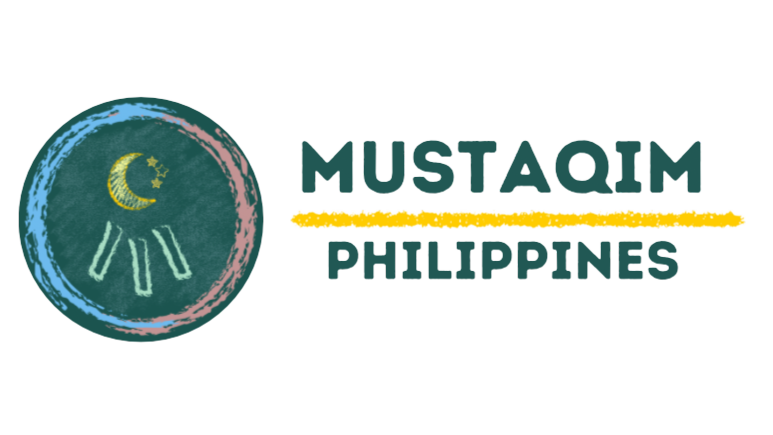Ramadan, the holiest month in the Islamic calendar, is not only a time of spiritual reflection and devotion but also a period marked by a remarkable phenomenon: the miracle of sustenance. Despite abstaining from food and drink from dawn until sunset, Muslims find themselves spiritually nourished and sustained in ways that defy conventional understanding. Let’s explore the miracle of sustenance during Ramadan and its profound significance:
Fasting as a Spiritual Practice
Fasting during Ramadan, known as Sawm, is one of the Five Pillars of Islam and holds deep spiritual significance for Muslims. Beyond its physical aspects, fasting serves as a means of self-discipline, purification, and spiritual elevation. By abstaining from food, drink, and other worldly pleasures during daylight hours, believers strive to attain a higher level of consciousness and draw closer to Allah.
The Paradox of Abstinence and Nourishment
One of the most remarkable aspects of fasting during Ramadan is the paradoxical experience of feeling spiritually nourished despite abstaining from physical sustenance. While refraining from food and drink may seem like a deprivation, many Muslims report feeling a sense of inner peace, tranquility, and spiritual fulfillment during the fasting hours. This phenomenon is often described as a manifestation of divine grace and mercy, wherein Allah provides sustenance to the soul even as the body undergoes physical hunger.
The Power of Intention and Faith
Central to the miracle of sustenance during Ramadan is the power of intention and faith. Muslims embark on their fasts with a sincere intention to please Allah and seek His mercy and forgiveness. It is this unwavering faith and devotion that transform the act of fasting from mere abstinence into a spiritual journey of self-discovery and enlightenment. Through their steadfastness and reliance on Allah, believers find strength and nourishment that transcends the limitations of the physical realm.
Community and Solidarity
Another dimension of the miracle of sustenance during Ramadan is the sense of community and solidarity that accompanies the fasting experience. Muslims around the world come together to observe the fast, breaking their fasts with family, friends, and neighbors in communal gatherings known as Iftar. These shared meals foster bonds of friendship, compassion, and generosity, reinforcing the interconnectedness of the ummah (Muslim community) and exemplifying the principles of unity and brotherhood.
Reflection and Gratitude
As Muslims reflect on the miracle of sustenance during Ramadan, they are reminded of the blessings bestowed upon them by Allah. The experience of fasting serves as a humbling reminder of the fragility of human existence and the dependence on divine providence. In gratitude for the sustenance of body and soul, believers strive to express their appreciation through acts of charity, kindness, and service to others.
The miracle of sustenance during Ramadan is a profound testament to the mercy and grace of Allah. Through the experience of fasting, Muslims find nourishment for their bodies and souls, drawing closer to their Creator and experiencing a sense of spiritual fulfillment that transcends earthly desires. As believers cherish this miraculous experience, they are inspired to deepen their faith, cultivate gratitude, and strive for righteousness in all aspects of life.
